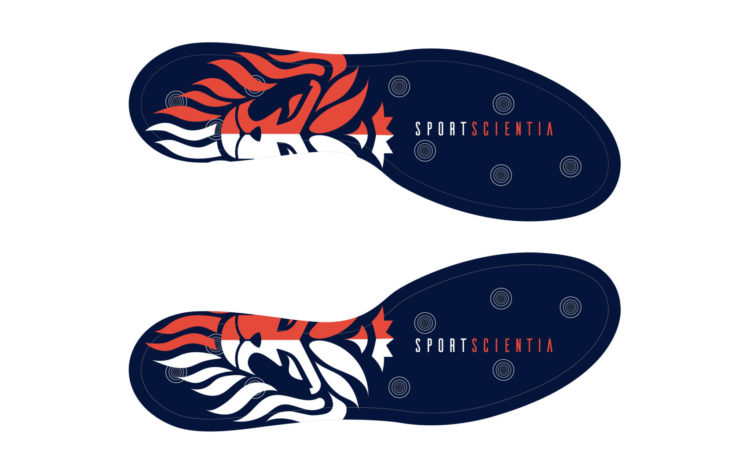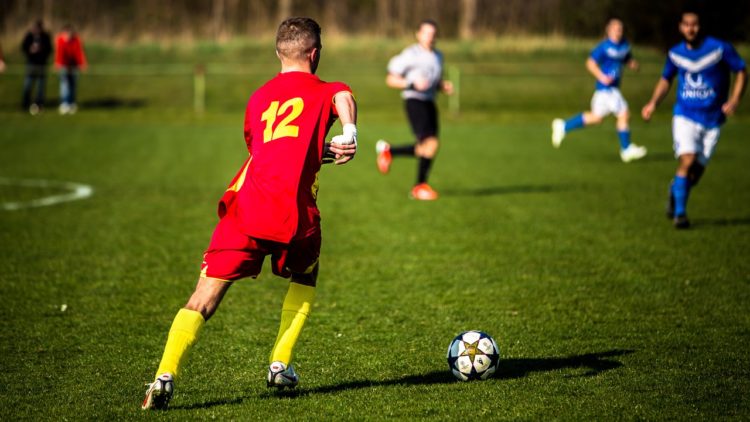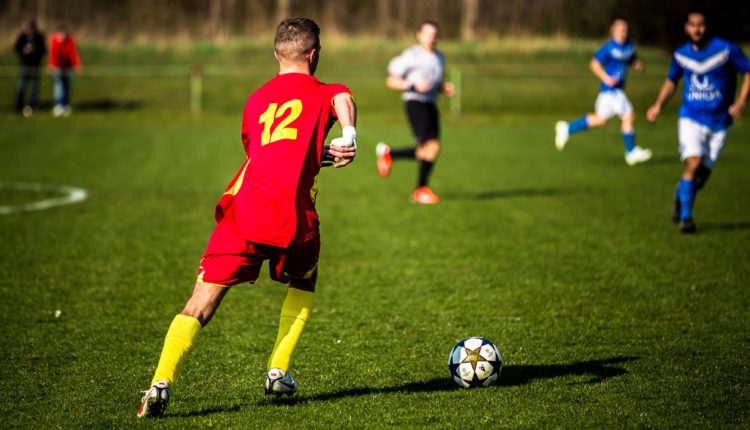Smart football boot that can detect injuries developed with the help of experts in Liverpool
Merseyside football teams will now be testing out the prototypes of SportScientia’s boots which have been developed with the help of Liverpool’s Sensor City and LCR 4.0. Tony McDonough reports

Smart football boots that can predict and prevent injury in players has been developed in Liverpool thanks to a pioneering business support programme.
Sports technology company, SportScientia, has unveiled a new first-of-its-kind wireless smart insole with support from the part funded LCR 4.0 business support programme and the £15m Sensor City project.
SportScientia, a top 50 global innovation company based in the UK and Singapore, specialises in the collection and interpretation of dynamic biometric performance data from proprietary wearable sports technology.
The company approached LCR 4.0 – which is part funded by the European Regional Development Fund and delivery partner Sensor City, for support in developing an accurate set of ‘3P smart insole’ prototypes that monitor the movement and loading distribution of athletes to predict and prevent injury.
The collaboration saw SportScientia take up hot desking space at Sensor City, as well as gain access to its specialist equipment and technical expertise, including the multi-material 3D printers.
This enabled the company to design, fabricate, and 3D print a range of insoles which significantly reduced time to market and minimised costs.
The wireless 3P smart insole, which is the first of its kind to be commercially available, collects real-time data to learn a player’s constant baseline by analysing their training load distribution, recovery, and performance.
This data is then used by the player, the coach and the physiotherapist to live monitor, predict and prevent injuries from grassroots all the way up to elite professional level.
For youth footballers, the insole gives the chance to fulfil their potential by monitoring progress from a young age, meaning statistics and performances can be logged, and career threatening muscular injuries can be avoided.
Peter Lazou, founding partner of SportScientia, said: “Our aim at SportScientia is to use advanced technology to create products that provide a better understanding of sports performance and to reduce the risk of injury.
“The LCR 4.0 programme and Sensor City team have given us the resource to make this possible and brought us one step closer to becoming a more recognisable brand name globally.

“We were given access to the mechanical and electronics labs we needed to re-engineer our initial model, meaning we now have a set of accurate prototypes that we can test before proceeding to the full manufacturing process.”
Alison Mitchell, executive director at Sensor City, a collaboration between the University of Liverpool and Liverpool John Moores University, said: “Industry 4.0 technologies, such as 3D printers, have so much potential.
“This is a perfect example of how industry 4.0 technologies are transforming all walks of life, and the sports industry is no different.”
Taking the innovative product even further, SportScientia is now collaborating with Liverpool John Moores University’s Sports Science department and local football teams to trial the prototypes.

